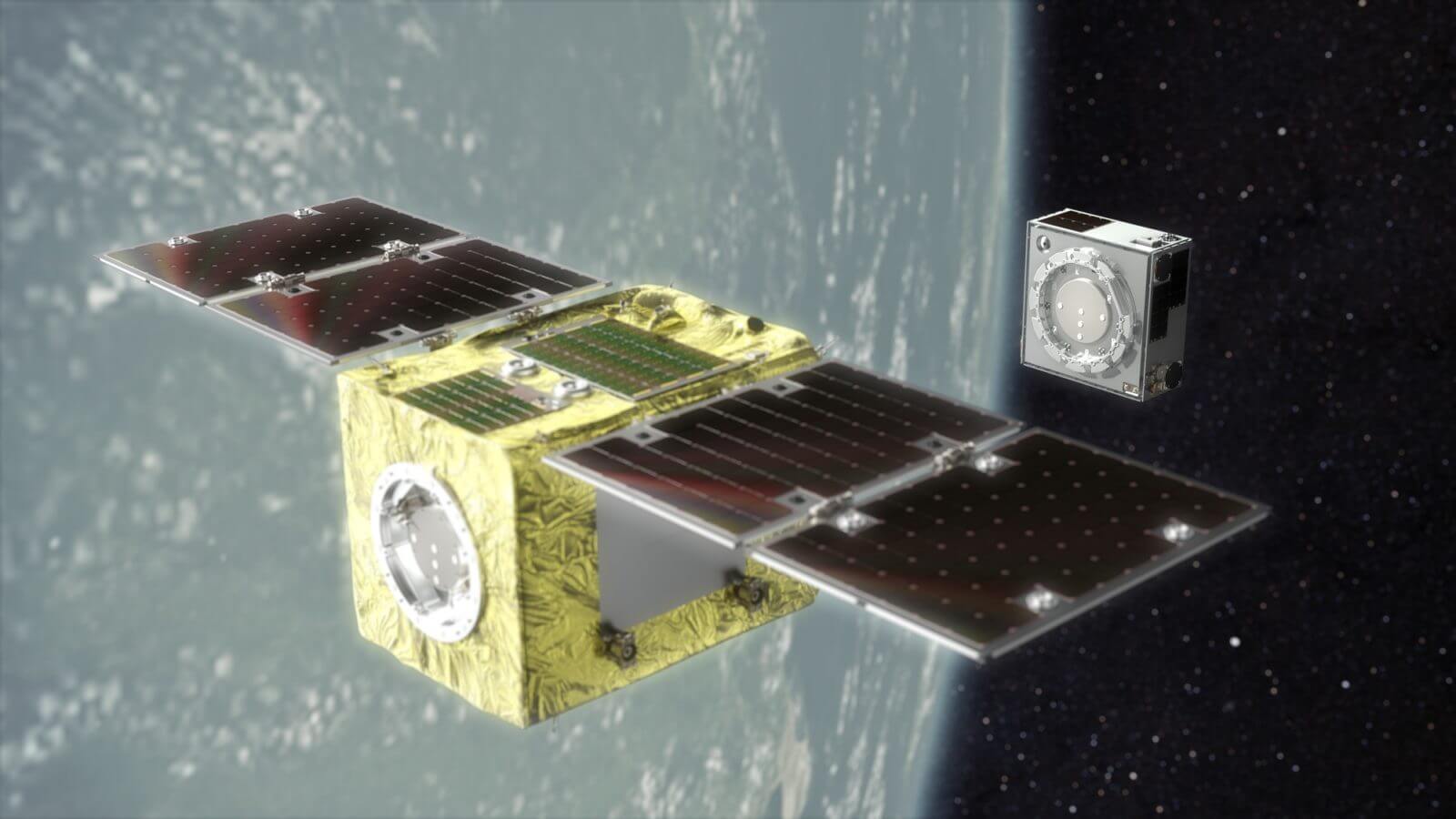A new study published in the journal Nature Astronomy. According to the study, the fact that satellites have become smaller and cheaper allows more and more commercial companies and government agencies to send satellites into space, a situation that has led to a dramatic increase in the number of satellites in orbit as well as space junk

An increase in the number of satellites in orbit and debris floating in space significantly increases the costs of astronomy projects, and harms humanity's ability to discover potential stars and asteroids, revealed a new study published in the journal Nature Astronomy. According to the study, the fact that satellites have become smaller and cheaper allows more and more commercial companies and government agencies to send satellites into space, a situation that has led to a dramatic increase in the number of satellites in orbit as well as space junk. The result, summarizes the research conducted under the leadership of John Brentin, and an international team of astronomers, is that "the sky is becoming less dark, a situation that threatens ground-based astronomical research as well as ecosystems that rely on the night sky."
"What we looked at in the research is a diffuse brightness of the night sky [...] all the satellites, all the debris, all the material in orbit accumulates and contributes to an increased brightness of the night sky and a significant disruption in space exploration," said the researcher and astronomer Jessica Heim. "The new mode just makes the sky less dark, because all the little bits of stuff reflect the sunlight, which is reflected down."
dazzled stargazers
The study mainly looked at the effect that brighter skies would have on the Vera Rubin Observatory, which was built in Chile. He found that the brighter night sky would reduce the effectiveness of the observatory's long-running "space-time survey" by 7.5 percent and add $21.8 million to the cost of the project. This is an important survey in the study of the sky that aims to capture images of billions of objects in space and record their evolution over time.
But this is not the only effect of a sky full of objects and brighter. According to Heim, other areas of astronomy have already been affected by light pollution caused by satellites and debris and diffuse brightness of the night sky. "You might miss some of the asteroids that you would otherwise be able to spot, or you might not be able to tell if they are asteroids, or if they are a derelict satellite."
Marnie Ogg The Australian Dark Sky Alliance said the study's findings were not surprising. "Astronomers have known about light pollution for hundreds of years, but this is really a new field. It's such a big deal - suddenly what we're doing is the equivalent of throwing tens of thousands of plastic bags into rivers, but here we're putting them in the night sky." According to her, the effects of space junk are broader than just the impact on research. "There are studies on bird migration patterns that say that even birds are a bit confused by the fact that suddenly there is a field of stars in the sky that weren't there before," Ogg said. "Lighter night skies can affect many species. From an ecological point of view, we know that many species use the stars and the Milky Way as part of their navigation.'
The solution to the problem, it is currently estimated, lies with aerospace corporations and commercial entities, as well as younger and smaller companies, who are now designing small satellites to proactively handle space junk - including the junk accompanying existing satellites and 'dead' satellites - by incorporating electric propulsion systems capable of To be used as "auxiliary engines", "end-of-life" propellers, to push failed, or inactive, spacecraft into the Earth's atmosphere where they self-decompose.
"In order to reduce space junk to a minimum and allow us to effectively utilize the Earth's low orbit for future research - we need joint efforts on several fronts to eliminate existing space debris and also prevent the formation of future debris," says Ofir Azriel, CEO of Astroscale Israel, which specializes in space debris cleanup technologies. "While space debris poses a significant danger, reducing space debris is an opportunity for creative entrepreneurs to solve the problem and create a profitable business model for the pocketbook and humanity."
More of the topic in Hayadan:
- A laser observation station will make it possible to identify dangers of satellite collisions and space debris
- The space station had to change course again to avoid space debris
- The satellite is in the service of collecting space debris for NASA
- Scientists call for the signing of an international treaty to eliminate the phenomenon of space debris

One response
The idea of dealing with space junk proactively, as written in the article, is the most correct in my opinion. However, this seems to me to be only a partial solution, because there are currently many satellites designed for long-term use. Just a thought - maybe a possible way to deal with the problem is to create satellites whose surface will be less bright.